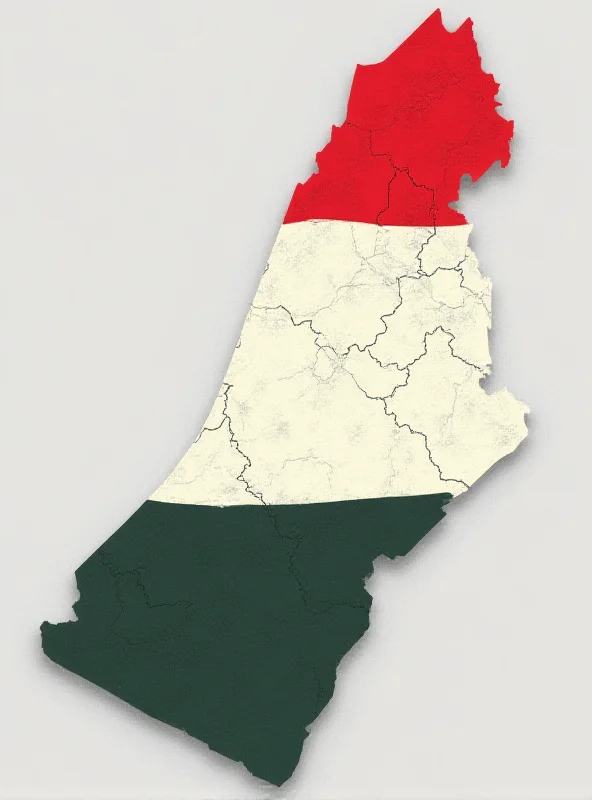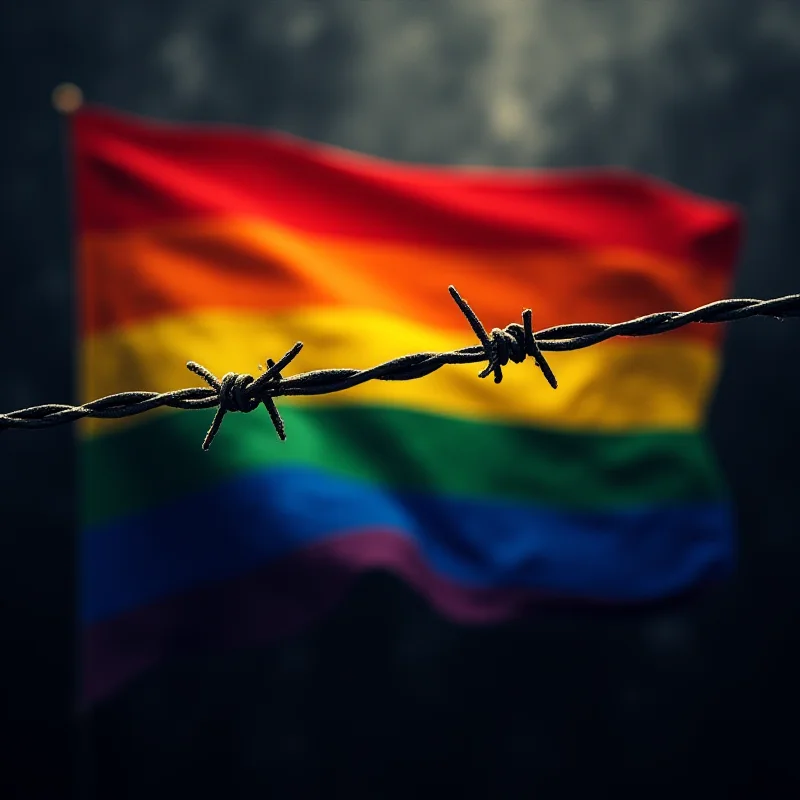From the frontlines of Ukraine to diplomatic circles discussing the future of Gaza, international politics continue to churn. Here's a snapshot of key developments.
Ukrainian Resolve Remains Strong
Despite enduring three years of intense conflict and significant losses, Ukrainian frontline soldiers remain steadfast in their determination to fight. A recent Reuters report highlights their unwavering spirit, with soldiers sending a clear message to potential deal-makers: there is no turning back. "We don't believe in your agreement," one soldier reportedly stated, reflecting a deep commitment to their cause.

This defiance comes as the United States and Ukraine finalize a minerals deal crucial for sustaining American aid to Kyiv. Ukrainian President Zelensky is scheduled to meet with his American counterpart in Washington to formally agree on the terms. This deal underlines the ongoing strategic partnership between the two nations.
Gaza's Future: An Egyptian Role?
In the wake of ongoing conflict, discussions about the future of the Gaza Strip are gaining momentum. Israeli politician Jair Lapid has proposed a controversial plan: that Egypt administer the Gaza Strip for a period of eight to fifteen years following the war. This proposal suggests a significant shift in regional dynamics, placing Egypt in a central role in the governance and reconstruction of Gaza.
"The Gaza Strip should be administered by Egypt for at least eight years," Lapid stated, emphasizing the need for a stable and responsible governing body in the region.

Other Developments: Pride in Hungary and an Attack in France
Elsewhere in Europe, the Hungarian government is considering moving the Pride parade indoors, citing concerns about child protection. Gergely Gulyás, head of the government office, stated that an outdoor march would be incompatible with prioritizing the safety of children. This decision has sparked debate about LGBTQ+ rights and freedom of expression in Hungary.
Meanwhile, in France, authorities have detained two suspects following an explosive attack on the Russian consulate in Marseille. The public prosecution office has described the individuals as "significant persons," though no further details have been released. The incident is under investigation, raising concerns about diplomatic security and international relations.

Finally, a confidential report from Budapest has reportedly exposed Chinese investments that are desired by Slovak politician Robert Fico. The report suggests a potential connection between these investments and corruption in Hungary and Serbia, highlighting the complex interplay of politics and economics in the region. The details were revealed on the new show 'Beyond the Lines'.
These events underscore the dynamic and interconnected nature of global politics, with developments in one region often influencing events in others.
